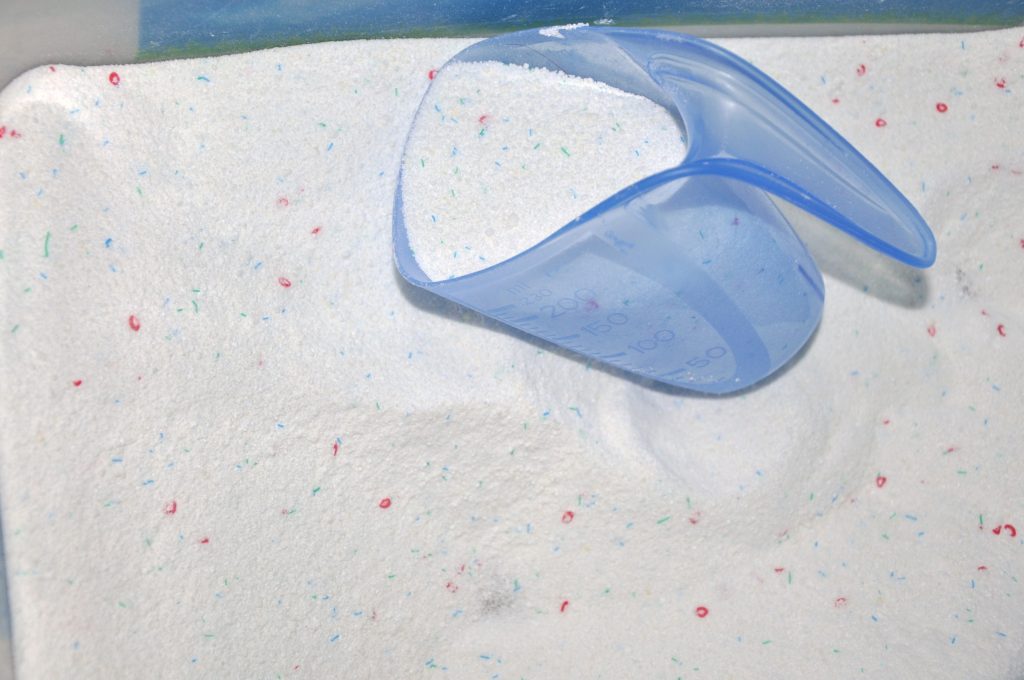Detergent in textile industry
Detergents for the textile industry are specifically designed to remove dirt, stains, and other contaminants from fabrics during the manufacturing process. These detergents are typically formulated with a combination of surfactants, enzymes, and other additives that work together to break down and remove various types of soil and stains.
The types of detergents used in the textile industry can vary depending on the specific needs of the fabric being cleaned. For example, a heavy-duty detergent may be required for fabrics that have been heavily soiled, while a mild detergent may be more appropriate for delicate fabrics.
Some of the common types of detergents used in the textile industry include:
Alkaline detergents: These are typically used for heavy-duty cleaning of fabrics that have been heavily soiled with grease, oil, or other industrial contaminants. They are highly effective at removing these types of soils, but may also be harsh on some fabrics.
Enzyme detergents: These detergents contain enzymes that can break down specific types of stains, such as protein-based stains (like blood and sweat) or starch-based stains (like food). They are often used in combination with other detergents for more effective cleaning.
Neutral detergents: These are mild detergents that are suitable for cleaning delicate fabrics that are prone to damage from harsh chemicals. They are effective at removing light soils and stains without causing damage to the fabric.
Acidic detergents: These detergents are used for cleaning fabrics that have been stained with alkaline substances, such as rust or mineral deposits. They can also be effective at removing certain types of dye stains.
Overall, the choice of detergent for the textile industry will depend on the type of fabric being cleaned, the level of soil and staining present, and the desired level of cleaning performance.


